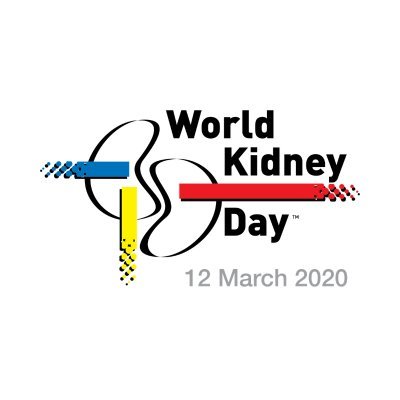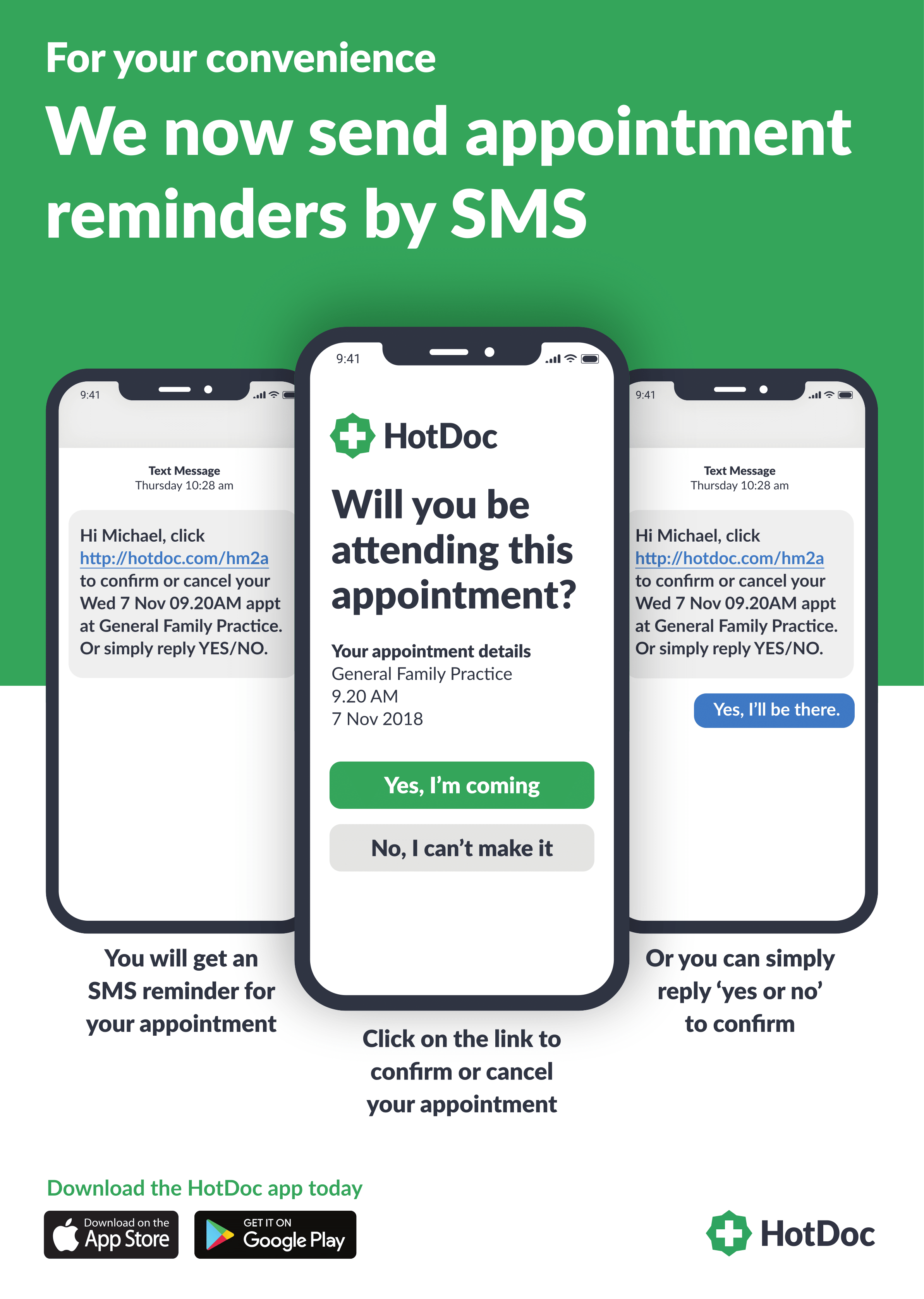Hope Island Medical Centre Blog
Are you looking after your kidneys?
Chronic kidney disease
Often the development of kidney disease is gradual and kidney function worsens over a number of years. If you permanently lose more than one-third of your kidney function, it is called ‘chronic kidney disease’. Chronic kidney disease can lead to kidney failure. You are more at risk of chronic kidney disease if you:
- Have diabetes
- Have high blood pressure
- Are obese
- Are over 50 years of age
- Have a family history of kidney disease
- Smoke
- men who smoke are three times more likely to have reduced kidney function
- Are of Aboriginal or Torres Strait Islander descent.

If kidney disease is found early, medication combined with diet and lifestyle changes can increase the life of your kidneys. If you have kidney disease, it does not mean that you will develop kidney failure. One in seven Australian
adults aged over 25 years have at least one sign of chronic kidney disease. Only a few people with kidney or urinary problems have long-lasting kidney damage and even fewer have kidney failure. Kidney failure occurs when the kidneys are
no longer able to remove waste from your blood and control the level of fluid in the body. Kidney failure can happen suddenly or gradually. People with kidney failure need dialysis or a transplant to stay alive.
About 52,000 Australians aged 12 to 74 years have severely damaged kidneys. In many cases, the signs of disease aren’t noticed until the kidneys are close to failure. You can lose up to 90 per cent of kidney function before you even
feel sick.
Osteoporosis
The body constantly absorbs and replaces bone tissue. With osteoporosis, new bone creation doesn't keep up with old bone removal.
Many people have no symptoms until they have a bone fracture.
Treatment includes medication, a healthy diet and weight-bearing exercise to help prevent bone loss or strengthen already weak bones.

Blog Post #4
Recalls and Reminders
This practice uses a “Recall and Reminder” system to provide preventative care for our patients.
This will assist in ensuring that important health checks are not forgotten and are performed on time. You will be reminded when it is time to visit your Doctor for a check up or as a follow–up to health risks that have previously been
found. The reminder system will include checks to help in the prevention or early detection of certain conditions such as diabetes, high blood pressure, high cholesterol and forms of cancer – particularly cervical and prostate cancer.
Immunisation reminders will also be sent.
We use information from your health record to tell us the check-ups for which you are due and when you should visit your Doctor to discuss the tests that are needed. The privacy laws require that we obtain your consent to send you these reminders. Your doctor will discuss with you the checks that may be necessary and will make a note on your record if you consent to be included in the recall and reminder system.

By allowing us to send you these reminders, via letter, phone call or sms, you will help us to detect serious conditions early and to monitor known conditions. This can significantly improve the long-term outcome for you. There are also Government Registers, which may send you reminders such as Australian Immunisation Register, the Bowel Screening Register and the Cervical Screening Register.
When you have had a pathology or radiology test, your doctor will tell you how you can get the results – e.g. by phone or by a visit to the doctor a few days after the test. Patients need to also remember their responsibilities in the health partnership. Please undertake the tests, checks and procedures that have been identified as being due for you.
It is helpful to know why you are seeing the doctor
It the doctor marks your test results or correspondence as needing to be discussed, then this means that the doctor wants to see you. Please help us ensure you are receiving comprehensive care by keeping these important follow up
appointments with your regular GP.
Our practice operates on a 15-minute appointment system. We try to avoid delays. Please understand that there may be occasions when emergencies need to be seen or a longer consultation holds us up. It is helpful for time allocations
if you can advise the reception staff of the reason for your visit eg having several problems to discuss with the doctor, an annual check up, procedures such as cervical screening, drivers licence renewals, dressings, injections and
completion of forms or documents. Our staff will advise when a delay is likely. If you feel you may require a longer appointment time please let our staff know when making your appointment. We welcome and encourage patients to ring
the surgery half an hour before their appointment to check if there is a delay.
Close The Gap
Hope Island and Homeworld Helensvale Medical Centres are proud to be participating in the Close the Gap Program and can offer patients all aspects of the PIP Indigenous Health Program including Wellness Checks. For more information, please speak to our practice nurses.
Aboriginal and Torres Strait Islander people experience a burden of disease two-and-a-half times that of other Australians. A large part of the burden of disease is due to chronic diseases such as cardiovascular disease, diabetes, cancer, chronic respiratory disease and chronic kidney disease. This can be reduced by earlier identification, and management of risk factors.


Blog Post #2
Your Medical Home — Where Good Health Matters
There is emerging evidence to indicate that the Medical Home has been effective in improving patient care, especially in the United States, but also a number of other countries including the United Kingdom, New Zealand, and Canada. This includes reductions in avoidable hospital admissions and increased access to primary care for high-need populations.
The Medical Home is based on the concepts of the family doctor, ongoing GP-led coordinated, integrated and holistic patient care; and appropriate recognition and remuneration for quality general practice. The ‘patient-centred medical home’ model of primary care is currently being considered by government and health bodies, who are exploring ways of formalising the link between the patient and their GP or practice. We have always supported the notion of a ‘usual GP/family doctor/regular practice’ as the basis for a trusting relationship between doctor and patient that fosters long-term quality care. Populations are ageing and the incidence of chronic and complex disease is rising. The goals are to keep everyone as healthy as possible through preventive services and early interventions, and to supply the needs of those older people with a high burden of chronic conditions.

We know that the health of patients is improved if they have better access to GPs. Avoidable hospital admissions can be reduced and long-term savings to health systems are possible. In broad terms, the medical home formalises the link between the patient and the GP or practice. It aims to facilitate partnerships between patients and their GP.
While ehealth records have a role to play, they are still a work in progress. Your regular general practice is where the most complete and comprehensive record is held. Your general practice team works with you to assist in the overall co-ordination of your care and so we invite you to start thinking of Hope Island Medical Centre or Homeworld Medical Centre as your medical home.
You don't need a new year to make changes that may improve your health but if you’ve made a resolution to lose weight, give up smokes, drink less, laugh more etc etc then don’t forget that your GP can provide you with help, support and resources so you can achieve your goals.


